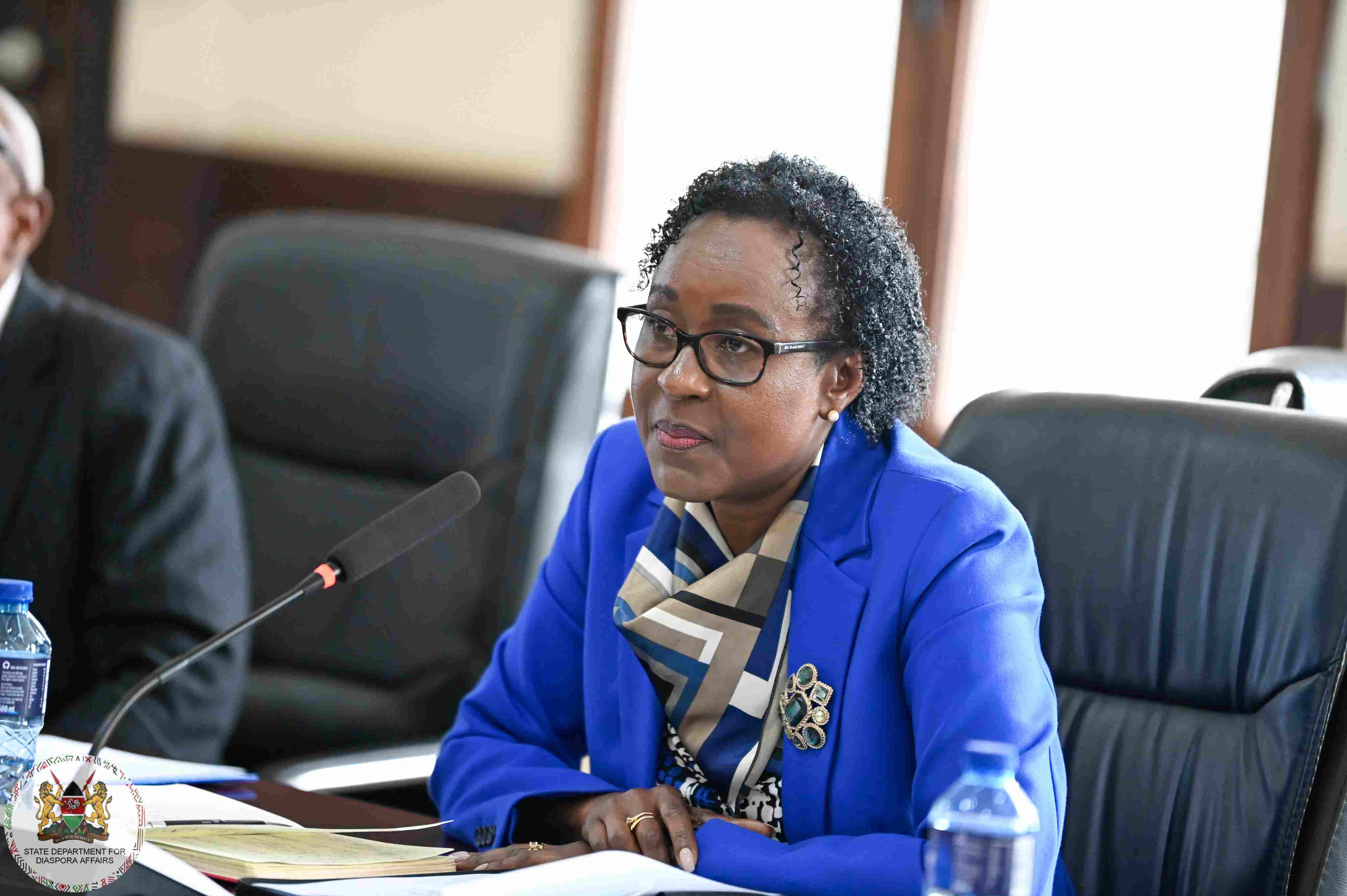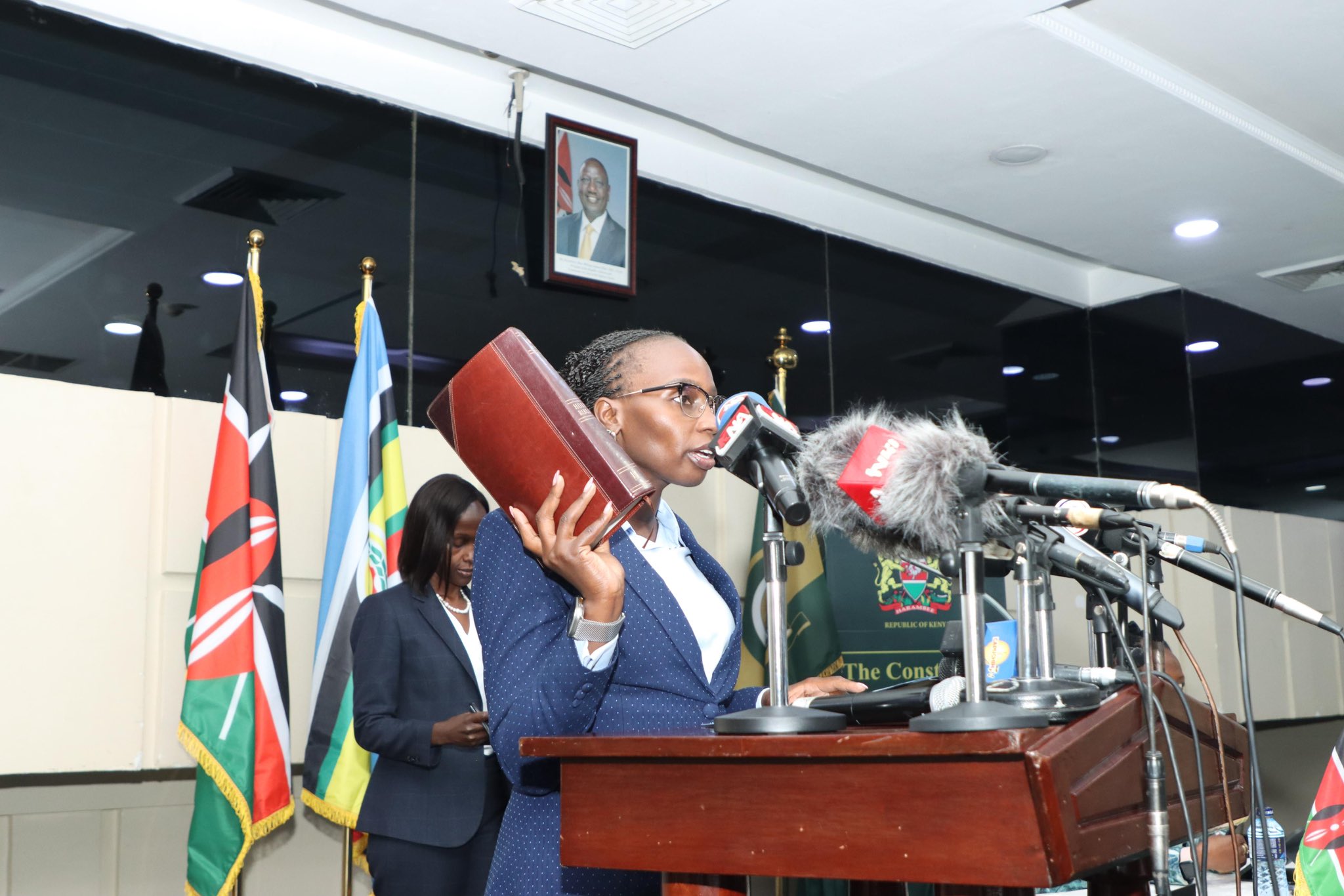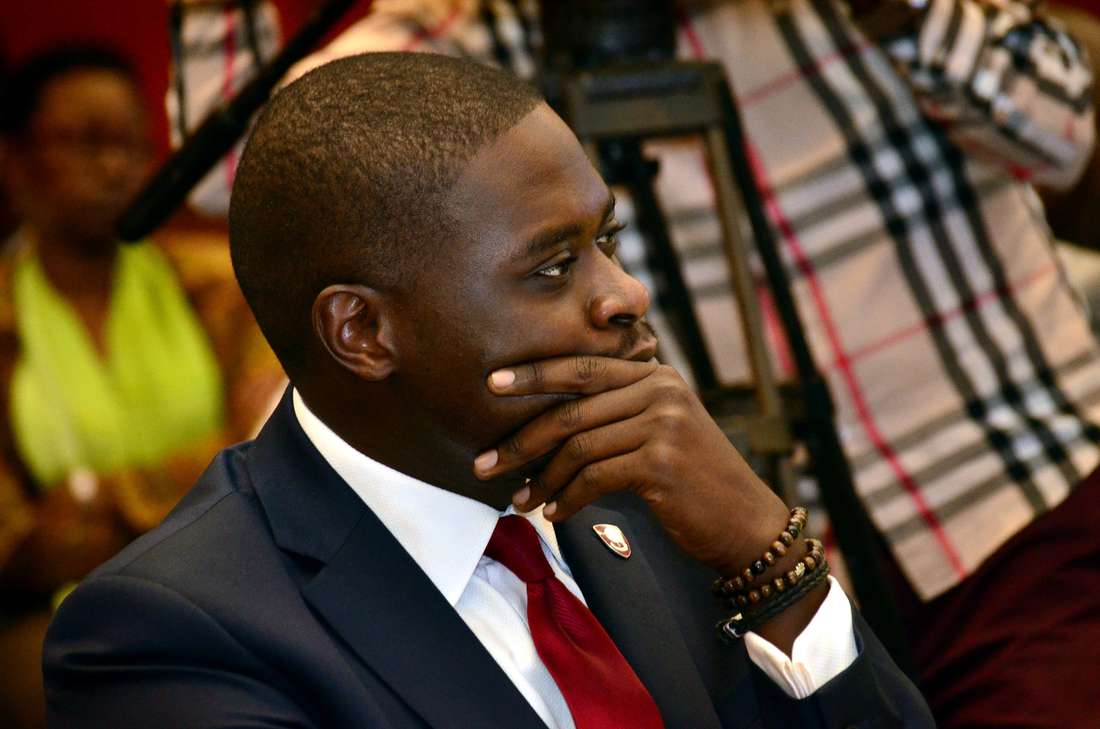Jilted Ugandan man jailed in Kenya for framing wife in false terror attack

Moses Kabali, a Ugandan national, has been sentenced to five years in prison after fabricating a terrorist plot to frame his estranged wife.
Kabali, angered by a bitter breakup, sought revenge by implicating her in a false terror attack, setting off a chain of events that led to his eventual arrest and conviction.
More To Read
- MPs demand probe into Sh373m stalled amphitheatre project at University of Eldoret
- Kenya Police Service tops complaint list in IAU report
- Court bars DCI from summoning Nairobi Hospital officials amid leadership wrangles
- Court sets September 6 deadline in terror case against Manyatta MP Gitonga Mukunji
- DCI launches probe into rise of juvenile gangs in Nairobi's Umoja estate, environs
- 'Muthaiga 3' activists set free after High Court rejects case extension request
According to the Directorate of Criminal Investigations (DCI), Kabali's relationship with his wife had deteriorated, resulting in a bitter separation. The breakup left him resentful, and over time, his frustration and anger grew.
In a misguided attempt to punish her, Kabali began plotting to ruin her life. He decided to use the serious issue of terrorism as a weapon against her, hoping to frame her for something that could cause significant harm to her reputation and safety.
In a post on its social media accounts, DCI explained that on June 30, 2024, Kabali sent an email to the Interpol General Secretariat in France and falsely claimed that a terror attack was being planned in Kenya.
He stated that individuals known to him, including his ex-wife, were involved in planning an attack using improvised explosive devices (IEDs), urging Interpol to inform Kenyan security agencies, specifically the Anti-Terrorism Police Unit (ATPU), about this supposed threat.
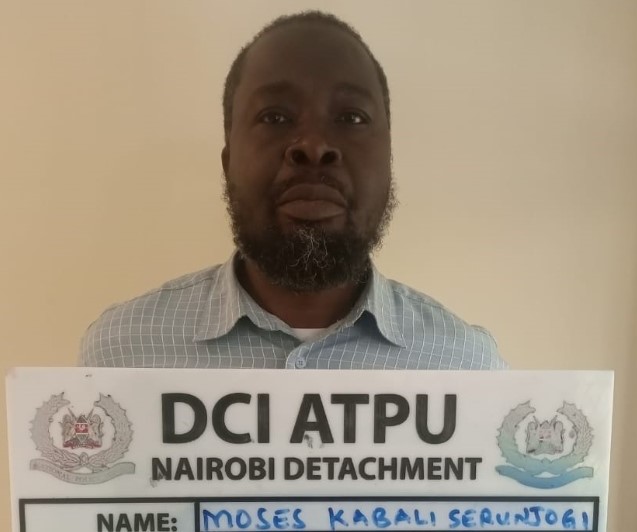 Kabali was charged under Section 26 of the Prevention of Terrorism Act No. 30 of 2012, which criminalises making false accusations and initiating hoaxes related to terrorism. (Photo: DCI)
Kabali was charged under Section 26 of the Prevention of Terrorism Act No. 30 of 2012, which criminalises making false accusations and initiating hoaxes related to terrorism. (Photo: DCI)
This false report triggered an immediate response from Kenyan authorities. Acting on the information provided, security forces arrested a woman whose phone number had been mentioned in Kabali's email.
During questioning, the woman explained that her ID card had been used to register the phone number, which was actually in the possession of her cousin. The arrest led authorities to investigate further to determine if there was any truth to Kabali's claims.
Forensic experts at the Anti-Terrorism Forensic Laboratory analysed the email that Kabali had sent to Interpol. Their investigation revealed that the email had originated from Kabali's personal Yahoo account, confirming him as the author of the false report.
This revelation shifted the focus of the investigation, and authorities began searching for Kabali himself.
On August 31, 2024, the cousin who possessed the phone number mentioned in the email was arrested in Eastleigh, Nairobi, on Jam Street. However, further investigations revealed that neither the cousin nor the woman had any connection to terrorism or any knowledge of a planned attack.
"Further investigations revealed that she had no links to any terrorist group and was unaware of any planned attack," read part of a statement released by the DCI.
Both were ultimately exonerated of any wrongdoing, and the investigation zeroed in on Kabali as the mastermind behind the hoax.
Three days later, on September 3, 2024, Kabali was arrested at the California Group of Schools in Eastleigh. A search of his residence uncovered critical evidence, including two mobile phones, two laptops, and several incriminating documents.
Forensic analysis at the Anti-Terrorism Forensic Laboratory confirmed that the email Kabali had sent to Interpol was part of a fabricated plot to frame his estranged wife.
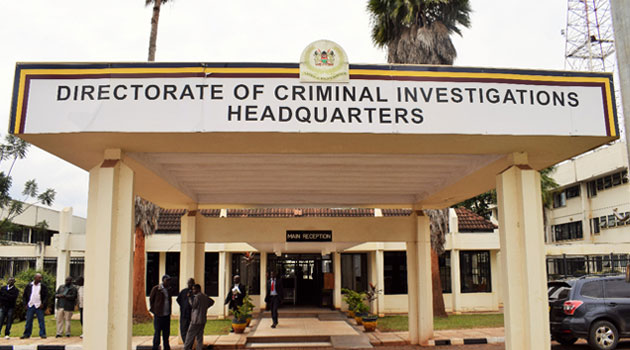 DCI Headquarters along Kiambu Road (File Photo)
DCI Headquarters along Kiambu Road (File Photo)DCI Headquarters along Kiambu Road (File Photo)
Kabali's motives became clear: he had orchestrated the false terror plot to exact revenge on his wife for their separation. His actions led to a significant misuse of law enforcement resources, and innocent individuals were caught up in the investigation due to his malicious intent.
Kabali was charged under Section 26 of the Prevention of Terrorism Act No. 30 of 2012, which criminalises making false accusations and initiating hoaxes related to terrorism.
The case was heard by Magistrate Gideon Kiage at the Kahawa Chief Magistrate Court, and Kabali was found guilty and sentenced to a fine of Sh5,000,000 or, in default, five years in prison for his false accusations and the hoax.
Top Stories Today

